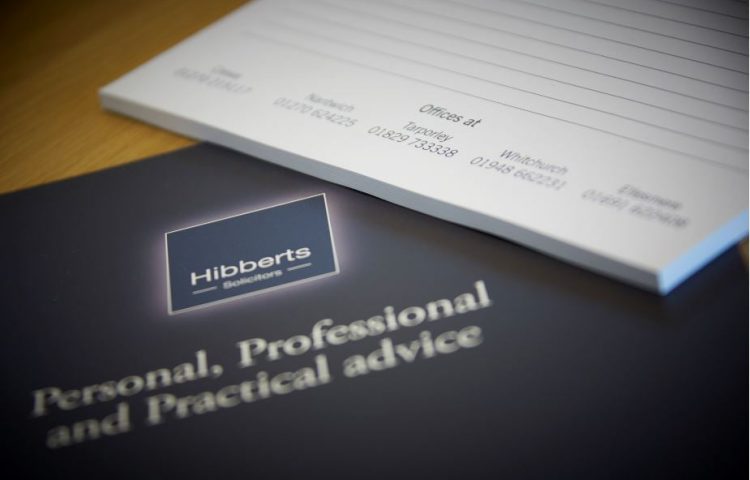
‘Default judgment’ is a pre-emptive or early-stage decision made by the court of a claim where the defendant has failed to file an acknowledgement of service or a defence to the claim within the timeframe set out in the Civil Procedure Rules (“the CPR”).
Default judgments are an administrative step and are not a decision made following a trial. However, even though they arise because of an administrative process, they are still fully binding on you.
If you become aware of a default judgment, you need to act quickly if you want to set it aside. Rule 13.3.2 in the CPR says “in considering whether to set aside or vary a judgment…….the matters to which the court must have regard include whether the person seeking to set aside the judgment made an application to do so promptly.”
‘How to’ set aside a default judgment is divided into two categories;
The first category comes under rule 13.2. It holds that the court must set aside default judgment if the judgment was wrongly entered because:
In plain English, these rules mean that if the relevant deadlines for filing an acknowledgment of service or a defence had not actually passed when the default judgment was given, the court must set aside judgment.
Finally, the court must set aside default judgment where:
The second category of ‘how to’ set aside default judgment (rule 13.3) has it that the court may set aside or vary a default judgment if:
ii. the defendant should be allowed to defend the claim.
As before, as soon as you become aware of a default judgment you need to act promptly. Contacting a solicitor at this point is important as they will be able to explain the type of evidence the court needs, especially where the second category applies.
In either category a formal application needs to be made to the court, seeking to have the judgment set aside. (Letters, emails or telephone calls to the court will not do – they will simply be ignored).
The application needs to include evidence as to why the judgment should be set aside, a witness statement to confirm your version of events, and if you want to defend the original claim itself, you must also file a defence to the claim. All of this paperwork must be filed at court together, at the same time, under cover of the formal application notice itself together with a fee of £275.
Generally, as soon as you instruct your solicitors or legal representatives, they will contact the claimant to see if they will agree the application without the need for a court hearing. Quite often, they will agree, so agreement can be reached and the ‘clock turned back’.
In other cases, they will not agree. Either way, you will still need to file the paperwork (ie the application and other documents mentioned) together with court fee, and if the claimant contests your application, the court will list a hearing and give the claimant the opportunity to make any submissions in opposition.
Hibberts have expertise in dealing with applications to set aside judgment. Contact the Hibberts team here for more information.